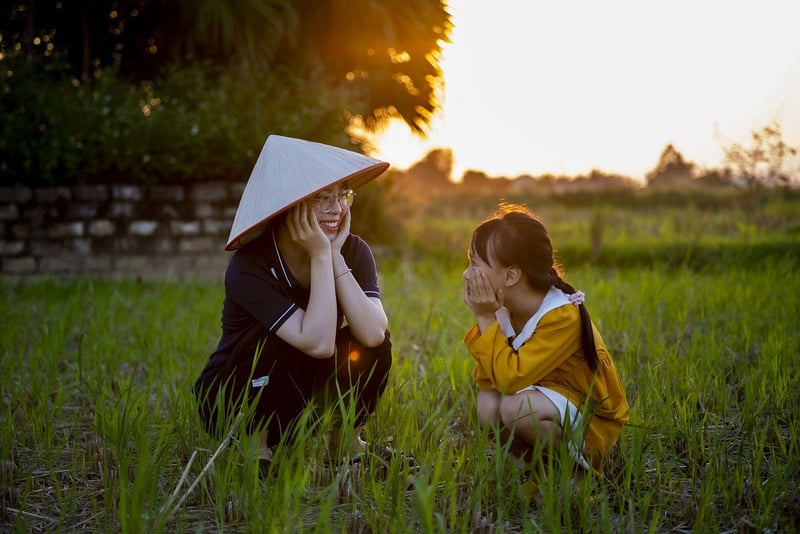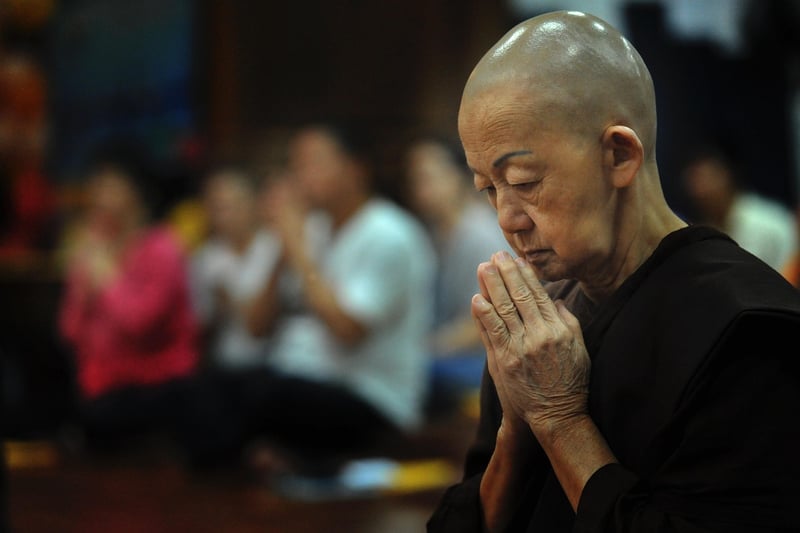Respectful Behavior
The Importance of Respectful Customs and Behavior
In every society, respect is a fundamental value that guides interactions between individuals and communities. It encompasses not only how we treat others but also the customs and traditions that are deeply rooted in our cultures. By understanding and practicing respectful customs and behavior, we can foster harmony, empathy, and understanding in our relationships with others.
Respectful Customs
Respectful customs are traditions and practices that reflect the values of a society and are aimed at promoting unity and mutual respect. These customs often dictate how individuals interact with one another, show reverence for elders, celebrate important events, and conduct themselves in various social settings.
- Greeting Customs: In many cultures, greetings are an essential part of showing respect. Whether it's a handshake, a bow, or a kiss on the cheek, the way we greet others can convey our respect for them.
- Cultural Celebrations: Festivals and ceremonies play a significant role in honoring traditions and bringing communities together. Participating in these events shows respect for the culture and heritage of a society.
- Respecting Elders: Across many cultures, respecting elders is a core value. This includes listening to their wisdom, seeking their advice, and caring for them in their old age.
Respectful Behavior
Respectful behavior is about treating others with dignity, empathy, and consideration. It involves acknowledging the rights and feelings of others, practicing good manners, and being mindful of how our actions impact those around us.
- Active Listening: One of the most powerful ways to show respect is by actively listening to others. This means giving them your full attention, being empathetic, and seeking to understand their perspective.
- Politeness and Courtesy: Simple gestures like saying "please" and "thank you," holding the door for someone, or offering a kind word can go a long way in showing respect for others.
- Respecting Differences: True respect involves accepting and embracing the diversity of opinions, beliefs, and backgrounds that exist in our communities. It means treating everyone with fairness and without prejudice.
By embracing respectful customs and behavior, we create a more inclusive and harmonious society where individuals feel valued, understood, and appreciated. Let us strive to practice respect in all our interactions and contribute to a world where mutual understanding and compassion prevail.

Image source: Pixabay
